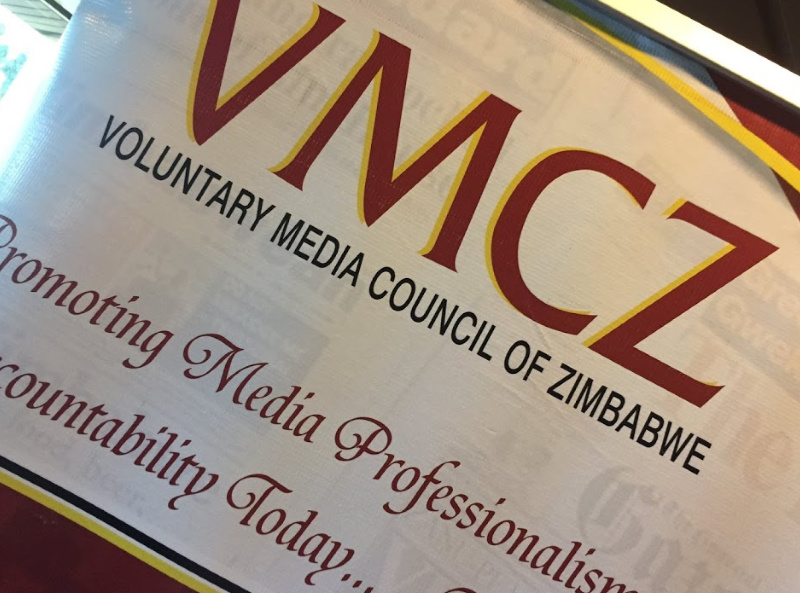Ownership and control patterns including political manipulation has negative impact on ethical and professional journalism in Zimbabwe, a latest study conducted by the Voluntary Media Council of Zimbabwe (VMCZ) has shown.
Vested interests, which sometimes are largely hidden from public view, have a bearing on what journalists produce, established VMCZ established in its study on the “State of Media Ethics and Professionalism” in the Zimbabwe conducted between 2022 and 2023.
The VMCZ researchers highlights a myriad of ethical challenges facing the media, the root cause of the problems and exposes the current state of journalism in Zimbabwe.
The study also focuses on the interplays between accountability, ethical journalism, independence, and media freedom as the Zimbabwean media landscape has increasingly become a challenging and contested territory owing to political, socio- economic, and professional lapses that continuously undermine media professionalism and affect media ethics in the country.
“Zimbabwe’s media ownership and control patterns impact heavily on ethical and professional journalism. The situation was made worse by newsroom editorial policies and charters which limited what journalists can cover. Political influence on the state media was also identified as a hindrance that inhibited and limited journalists’ freedom to cover any issues without fear and favour,” the report read.
“This research established that media owners with certain interests elsewhere influence journalists to publish news tilted towards their preferences. As a coping mechanism journalists knowing the preference of the owner or majority shareholders tend to self-censor and avoid what can put them on a collision course with the media owners and shareholders.”
VMCZ noted that the respondents of the study said mainstream media is “guilty of spreading falsehoods, especially during election periods.”
One respondent at the national broadcaster – ZBC said at times journalists have no control over stories and information brought in by politicians.
“We have instances where a story from high offices comes with your by-line, there is nothing one can do and such stories in most cases are scandalous and have a bearing on the integrity of an organisation and the journalist whose by-line is used for the story,” said a respondent from ZBC quoted in the report.
“These stories are many during elections and they impact heavily on journalism ethics.”
The report further alluded to the issue of licensing of print, broadcast, and community media saying it also affected diversity of views.
“While on paper, this is a good move towards promoting media pluralism and diversity, most respondents said the majority of media institutions licensed are linked to the ruling Zimbabwe African National Union-Patriotic Front (Zanu-PF) party or State entities. However, respondents said the licensing of new media players alone is a positive move and should be celebrated,” read the report.
“The majority of respondents said even though there is plurality of media outlets licensed, there was no diversity because all the new TV licenses were awarded to individuals and media firms with traceable links to Zanu-PF.
It was also noted that despite the licensing challenges listed above, there are also challenges posed by the incomplete digitalisation of broadcasting in Zimbabwe. “3Ktv, NRTV and ZTN Prime are broadcasting via the digital platform, DSTV, which limits access to those who do not own satellite dishes,” VMCZ noted.

